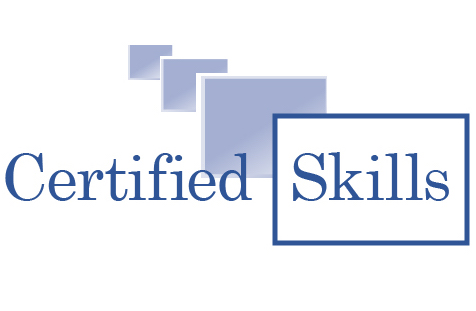“The UK is facing a mental health challenge at work that is much larger than we had thought. Not only is there a big human cost of poor mental health at work, there are also knock on impacts for society, the economy and Government. Employers are losing billions of pounds because employers are less productive, less effective, or off sick.”
This is a direct quotation from Thriving at Work: a review of mental health and employers (an independent review of mental health and employers by Lord Dennis Stevenson and Paul Farmer) – Published 26 October 2017
The report was requested by the government, with the Prime Minister saying in January last year:
“Many employers are already creating healthy, inclusive workplaces, but more needs to be done so that employers provide the support needed for employees with mental health conditions.”
(Prime Minister Theresa May, January 2017)
The report identifies:
- Around 15% of people at work have symptoms of an existing mental health condition.
- 300,000 people with a long term mental health problem lose their jobs each year.
- The cost to employers is between £33 billion and £42 billion annually, with over half of the cost coming from presenteeism (when individuals are less productive due to poor mental health in work) with additional costs from sickness absence and staff turnover.
- The cost of to government of poor mental health is between £24 billion and £27 billion per annum.
- The estimated cost of poor mental health to the economy as a whole, from lost output, is between £74 billion and £99 billion per year.

SO WHAT CAN BE DONE TO IMPROVE THE SITUATION?
The report concludes that there are several THINGS that organisations can do to drastically improve the situation for employees. This includes:
- organisations are equipped with the awareness and tools to not only address but prevent mental ill- health caused or worsened by work;
- organisations are equipped to support individuals with a mental health condition to thrive, from recruitment and throughout the organisation;
- organisations are aware of how to get access to timely help to reduce sickness absence caused by mental ill health;
Mental Health First Aid at Work Training
The Mental Health First Aid at Work Training Course specifically targets the acquisition and improvement of the key competencies to deliver the improvements organisations need to make. The content of this course will equip attendees with the skills and knowledge to enable them to:
- notice and support an individual who may be experiencing a mental health or substance use concern or crisis
- connect individuals with the appropriate employee resources.
- Action planning for using MHFA
- Identify symptoms for various mental health conditions.
- Discuss, measure and influence the impact of mental health in their organisation.
- Execute the role and responsibilities of the Mental Health First Aider
Good health contributes to good business
The report concludes that investment in to mental health programmes makes good business sense as well as good health sense. A study was cited that found that a manager mental health training programme led to “a significant reduction in work-related sickness absence, with an associated return on investment of £9.98 for each pound spent on such training”.
These findings of good commercial investments were found throughout discussions with over 200 organisations.
So, investment in Mental Health First Aid at Work teaches employees critical communication and support skills that impact employees health and wellbeing as well as an organisation’s bottom line.
How can I introduce a Mental Health Programme to my workplace?
There are various training courses that key members of staff can attend, from introduction to mental health, to more in-depth mental health management courses. We believe that the Mental Health First Aid at Work Course should (and soon will) become mandatory in the same way physical first aid training is. Email us at info@certifiedskills.co.uk to get the course outline and further details.
Please give us your feedback. Leave your comments below, or email us at info@certifiedskills.co.uk

